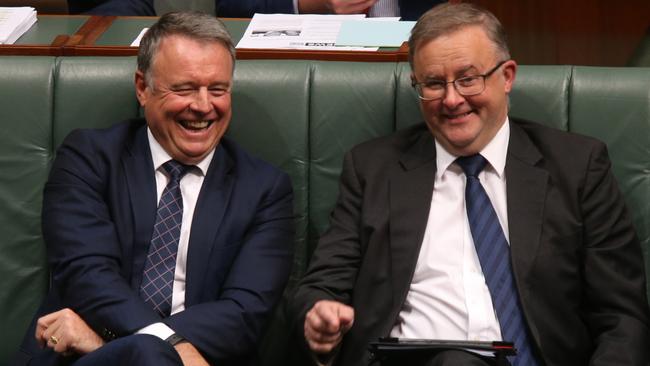
He can’t sack Joel Fitzgibbon from his shadow cabinet without unleashing a chain reaction of events that could further weaken the Labor leader’s authority.
Yet Albanese’s leadership won’t survive in the longer term if he doesn’t deal with the calculated assaults on the party’s culture from the national convener of the party’s right wing faction.
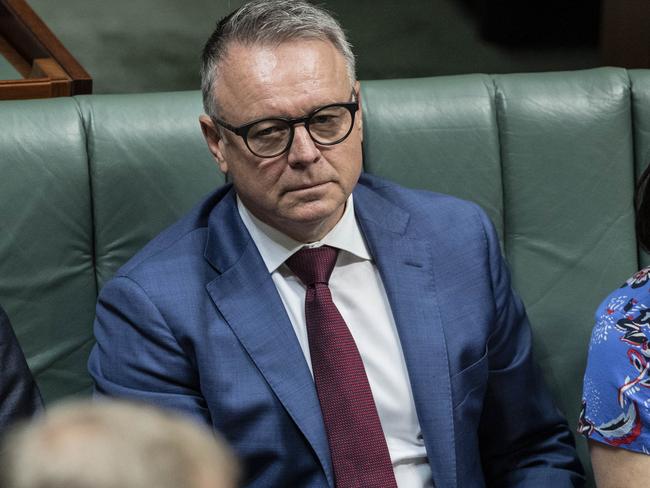
And this won’t stop unless he addresses the substance of Fitzgibbon’s critique.
Labor, as Fitzgibbon has echoed, is facing another watershed moment in its history fuelled by a preoccupation with issues that marginalise its broader constituency.
But he is by no means the first to say it.
The ALP’s post 2019 election review identified the cultural, structural and therefore existential crisis facing the modern socialist and progressive movements around the world including the Australian Labor Party which has yet to find a way to communicate with its competing constituencies.
“The Labor Party has become a natural home for these diverse interests and concerns, including gender equality, the LGBTQI+ community, racial equality and environmentalism,” the report said.
“The mobilisation of the Labor Party to address the political grievances of this vast and disparate constituency has accelerated at the same time as many people who would have been regarded as traditional Labor voters have looked to Labor for answers to their problems.
“Success in resolving this dilemma will first require Labor to acknowledge it exists.”
Fitzgibbon, who almost lost his NSW coal seat of Hunter to One Nation last year, is merely echoing what the tribal elders of the party forewarned less a year ago, and for many years before that.
He is now forcing the party to face up to the problem before it’s too late. And he is prepared to use dramatic language, by warning of a Bob Santamaria moment and another Great Split, raising the spectre that the party may cease to exist, to make his point.
The younger Labor MPs will be horrified and mystified. And this is largely because they don’t understand what is at stake.
Labor has won government from opposition just three times since the Second World War.
As Fitzgibbon said this morning, Labor is the largest party in the parliament numerically, but it has to defeat two parties to form government – the Liberals and the Nationals.
Fitzgibbon’s actions should not be misinterpreted as implying an immediate threat to Albanese’s leadership.
Nor should the apparent positioning by shadow Treasurer Jim Chalmers, whose flirtations with the Left in the caucus would need to be tempered in pursuit of his task to win back regional Queensland.
There is little doubt that Fitzgibbon is providing tutelage to the young Queenslander for this endeavour.
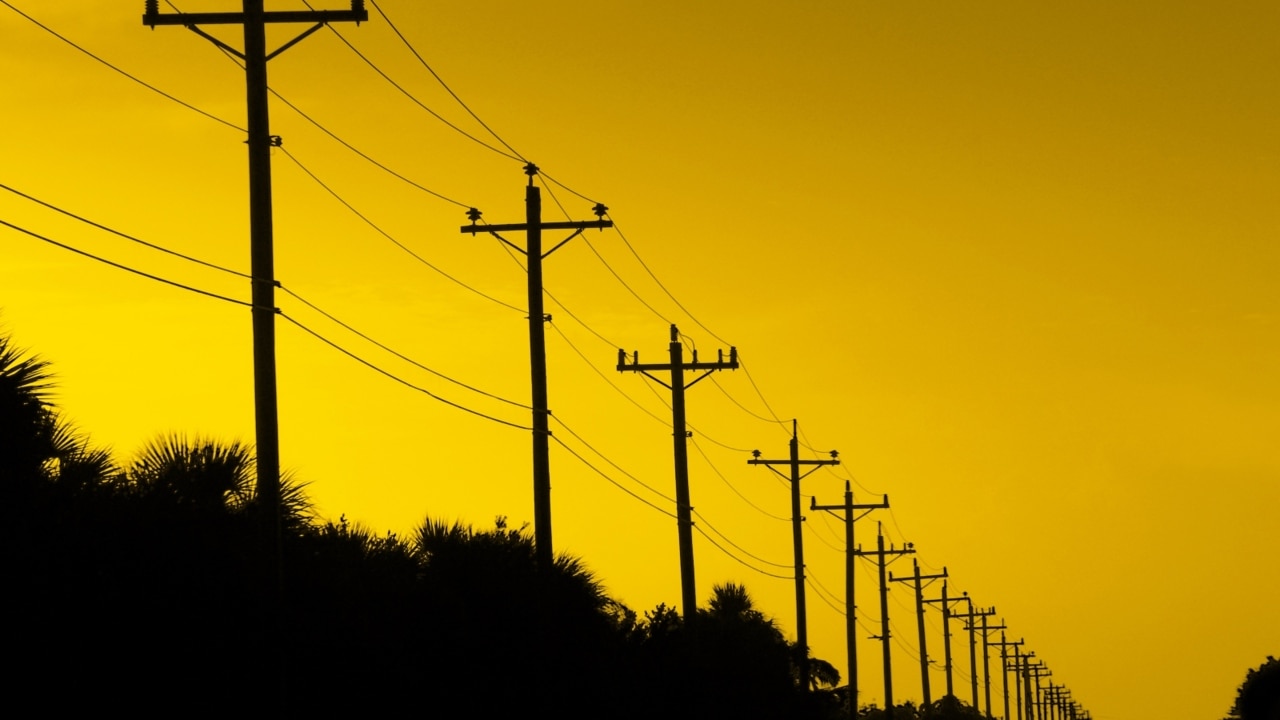
But Chalmers’ ambitions would appear to be longer term – and after the next election which could be as early as the second half of next year and which many in the Labor Party appear to believe is probably not winnable for them.
Fitzgibbon genuinely believes Albanese is able to achieve the recasting of the party under a centrist model and probably better placed than anyone to get the lunatics within his own Left faction to “drop their pitch forks”, as one MP put it.
The Right is not convinced that Albanese’s actions yet match anything like his rhetorical pledge to bring Labor back to the centre. And Fitzgibbon’s influence should not be underestimated.
The Shadow Agriculture and Resources Minister, a 24-year veteran of parliament, has become the centre of gravity for a sectarian reunification of the divisional right wing factions of NSW, Queensland and Victoria along policy lines and political exigencies.
It has been the missing historical counterweight that once provided ballast, commonsense and discipline to the party during the Hawke and Keating years in government.
This makes what Fitzgibbon is saying all the more potent.
And if Albanese doesn’t seize the opportunity Fitzgibbon is affording him, then eventually, all bets will be off.


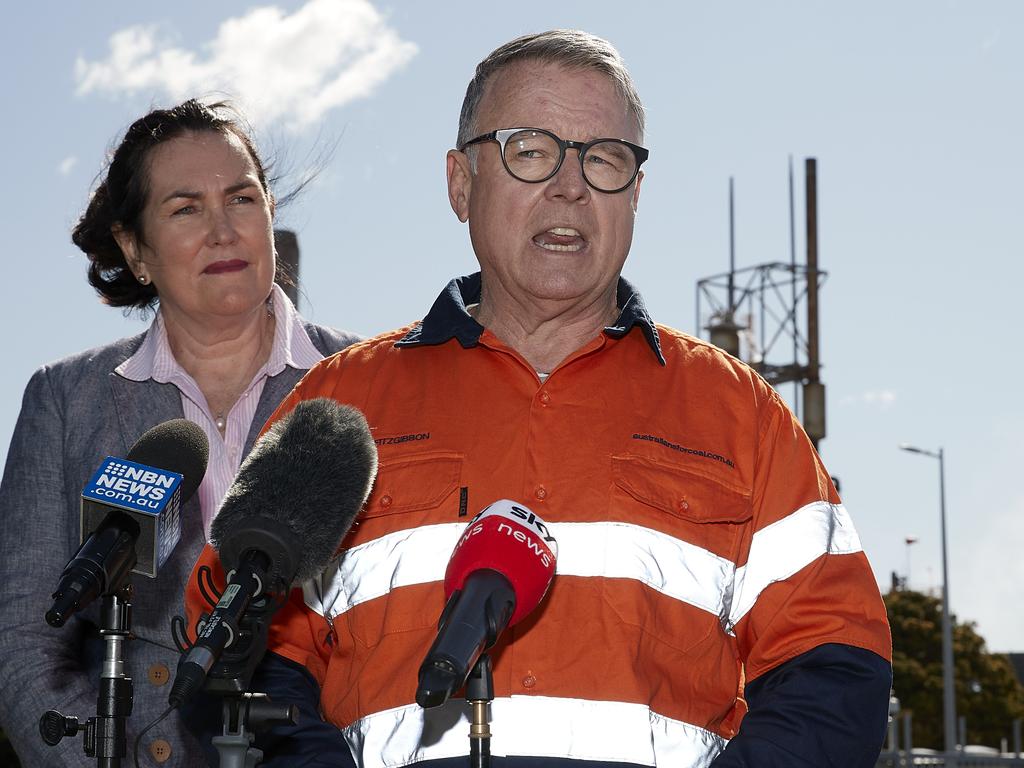
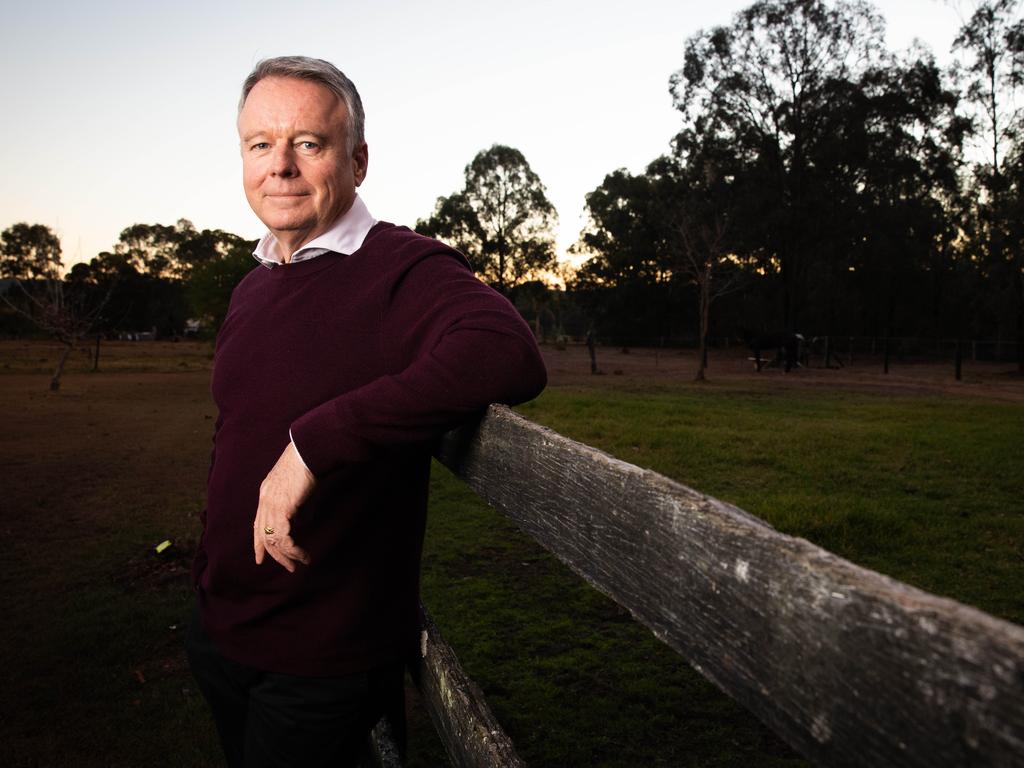
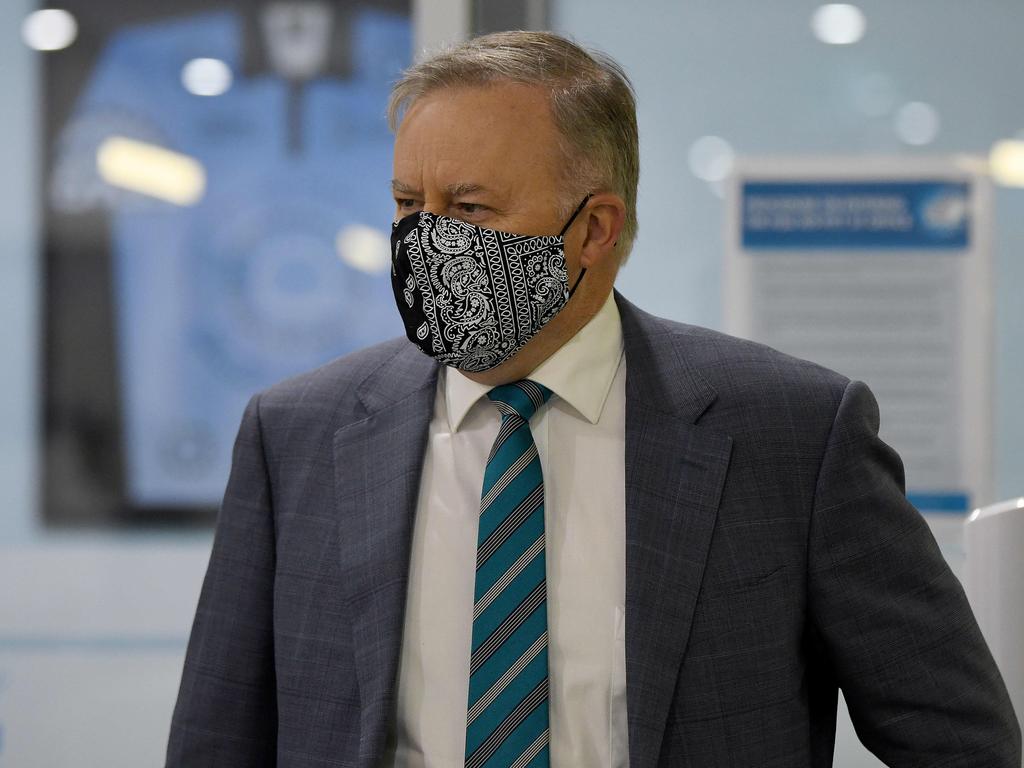


Anthony Albanese is facing a Hobson’s choice.